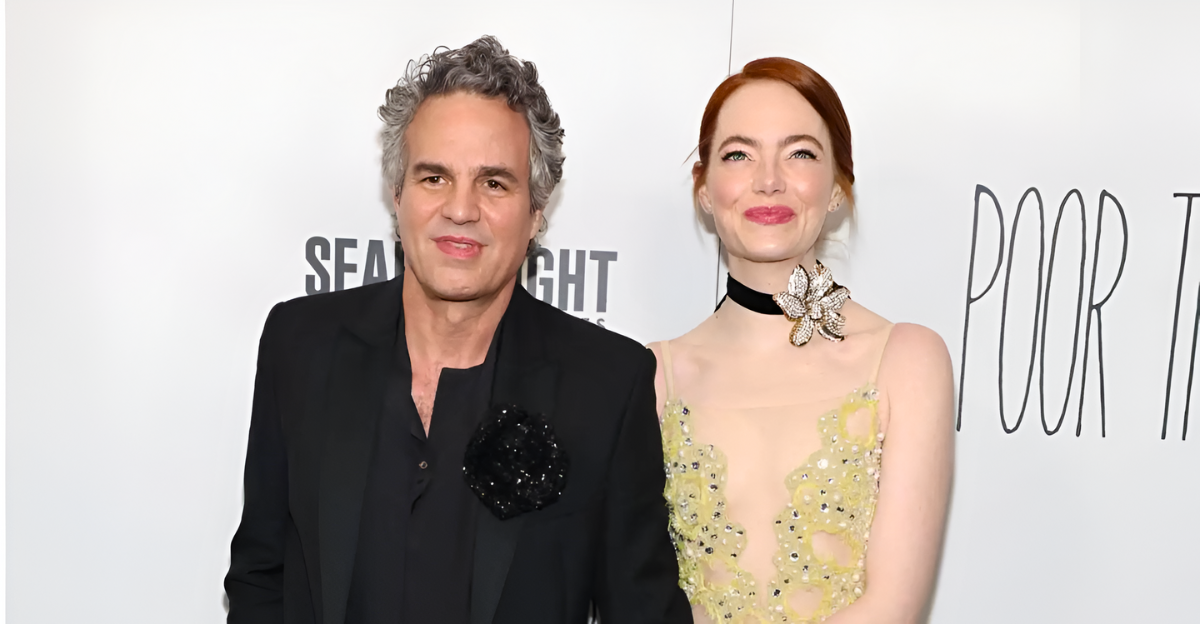
Emma Stone and Mark Ruffalo have joined over 1,800 film industry professionals in a boycott against Israeli film institutions, sparking unprecedented mobilization within Hollywood. The Oscar winners anchor a movement targeting what organizers call institutional complicity in human rights violations against Palestinians.
Julia Sawalha aptly expressed this sentiment, stating, “Witnessing the annihilation of the Palestinians in Gaza by Israel over the past two years has splintered the depths of me.”
Gaza Crisis Drives Industry Response
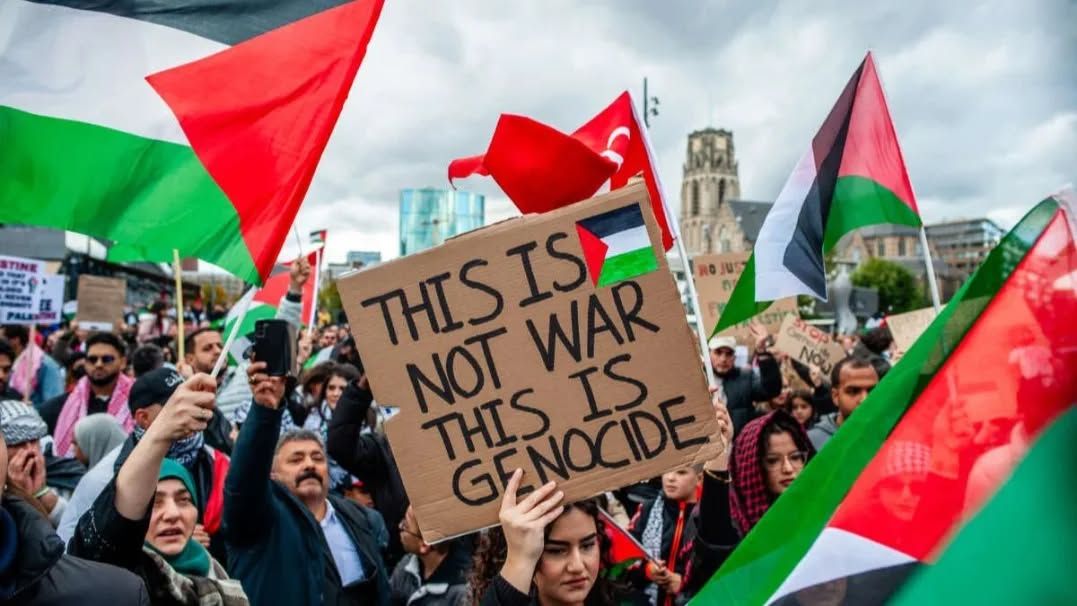
The International Court of Justice has ruled there is a “plausible risk of genocide in Gaza,” with Israel’s occupation found to violate international law. Following Hamas’s October 7, 2023 attack, which killed approximately 1,200 Israelis, Gaza’s Health Ministry reports over 63,000 Palestinian deaths.
This humanitarian crisis has galvanized industry activism, prompting signatories to cite the ICJ’s findings as the legal foundation for their boycott movement.
Star-Studded Coalition Spans Industry Roles

Prominent actors, including Olivia Colman, Javier Bardem, and Tilda Swinton, join Stone and Ruffalo in the boycott. Directors Ava DuVernay and Adam McKay are among others adding their names and creative credibility to this campaign.
The participation of progressive Jewish artists like Ilana Glazer and Hannah Einbinder reflects that opposition transcends ethnic lines, thereby challenging antisemitism accusations while completing a diverse coalition of industry professionals.
Institutional Focus Distinguishes Campaign Strategy

By targeting institutions instead of individuals, the boycott recognizes that Israeli film companies operate within what organizers call systematic apartheid. This allows signatories to keep relationships with Israeli individuals while rejecting complicit organizations.
Screenwriter David Farr, a descendant of Holocaust survivors, shared that he feels “distressed and enraged by the actions of the Israeli state,” showcasing the moral concerns driving this boycott.
Pledge Language Defines Institutional Complicity

The pledge states: “We pledge not to screen films, appear at or otherwise work with Israeli film institutions that are implicated in genocide and apartheid against the Palestinian people.” Complicity includes actions like “whitewashing or justifying genocide and apartheid.”
Organizers focus on “institutional complicity, not identity,” acknowledging that many Palestinians hold Israeli citizenship and that some film entities are not complicit, allowing for ethical collaboration.
Film Workers for Palestine Coordinates Global Movement
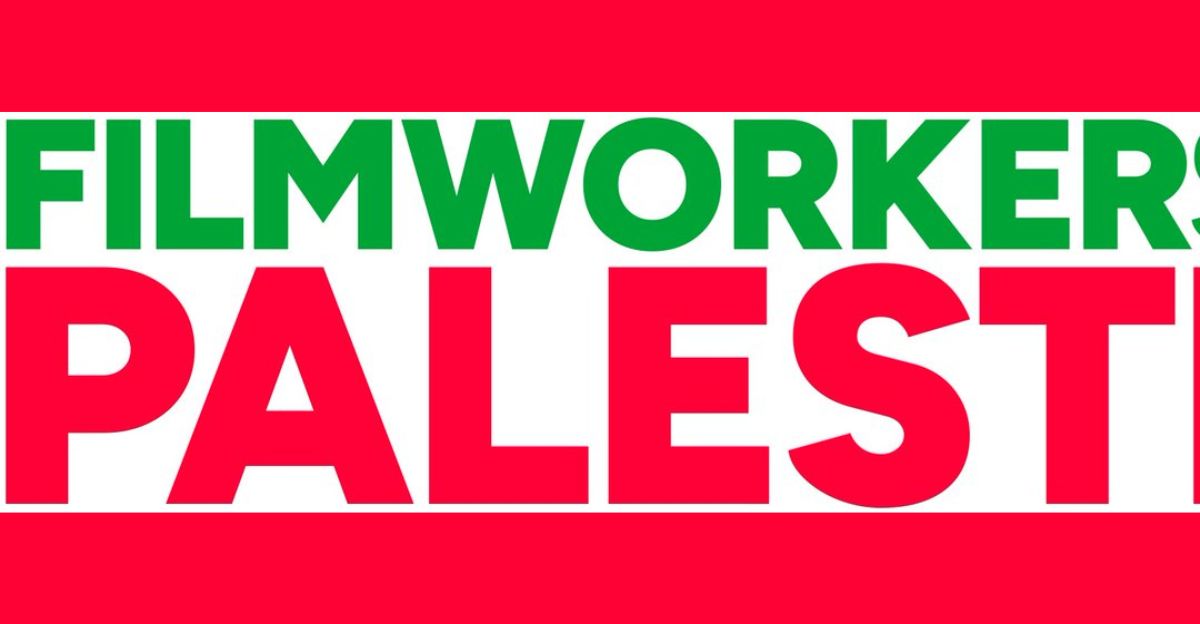
Film Workers for Palestine has emerged as the organizing force behind the boycott, calling for an end to genocide. This grassroots organization has built a supportive infrastructure while responding to the growing censorship of pro-Palestinian voices.
Their website hosts the pledge in multiple languages, reflecting a global approach to this movement, and emphasizes long-term structural changes in industry activism beyond just boycotts.
Historical Precedent Provides Strategic Blueprint
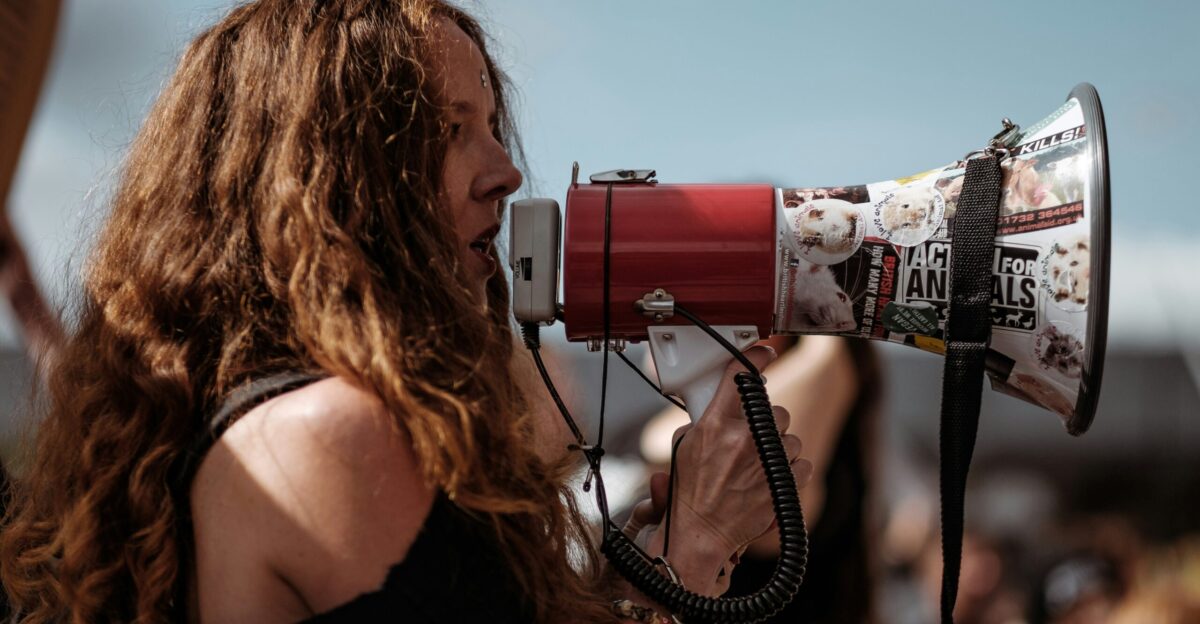
This movement draws inspiration from Filmmakers United Against Apartheid, founded by notable filmmakers in 1987, who successfully convinced over 100 prominent artists to refuse screenings in apartheid South Africa.
The letters written to President Reagan during that time emphasized the necessity for peaceful methods to drive social change, providing both tactical and moral legitimacy to the contemporary boycott against institutional complicity.
Israeli Industry Responds with Strong Opposition

The Israeli Film & TV Producers Association has denounced the boycott, calling it “profoundly misguided” and arguing that signatories are targeting the wrong people. According to industry representatives, they have worked for decades to promote dialogue and represent Palestinian narratives.
Their statements emphasize a critical stance towards government policies, highlighting cultural institutions’ vulnerabilities in a potential climate of international isolation.
Hollywood-Israel Collaborations Face Disruption

The boycott poses a significant threat to Hollywood’s collaboration with Israeli film institutions, potentially ending lucrative partnerships. Industry professionals fear that without international support, “the industry will falter,” raising alarms about the future of collaboration.
The boycott specifically targets major film festivals, like the Jerusalem Film Festival, effectively forcing Israeli cultural organizations to choose between government partnerships and international relations.
$80-Million Market Faces Economic Pressure

Israel’s film industry is valued at $80 million, relatively modest compared to Hollywood’s $9.6 billion revenue, but significant within its cultural sector. The industry comprises numerous theaters and production companies that could face decreased international visibility.
Economic pressures from international boycotts exacerbate existing worries surrounding state funding and political interference, making this movement particularly impactful as a cultural advocacy tool.
Venice Festival Demonstrates Growing International Support
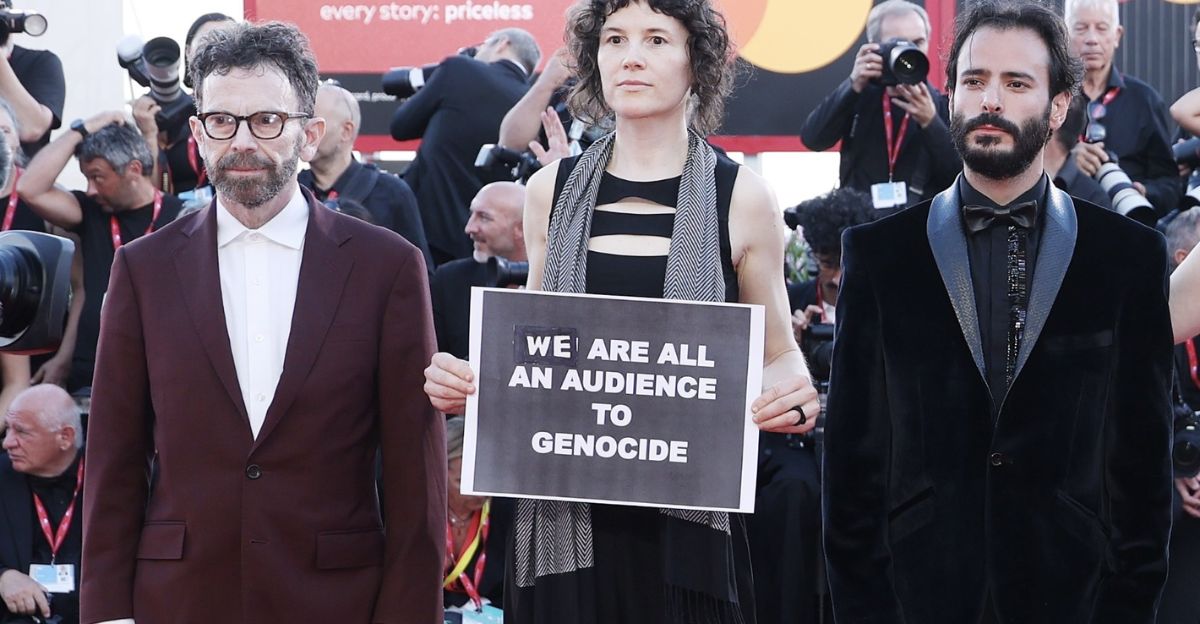
The Venice Film Festival has witnessed large pro-Palestinian protests, showcasing significant international support with many filmmakers signing solidarity letters. The documentary “The Voice of Hind Rajab” received a standing ovation for its poignant portrayal of Palestinian experiences.
This response amplifies the pressure on festival programmers to consider the political implications of their selections and partnerships with targeted institutions.
Union Support Amplifies Industry Mobilization
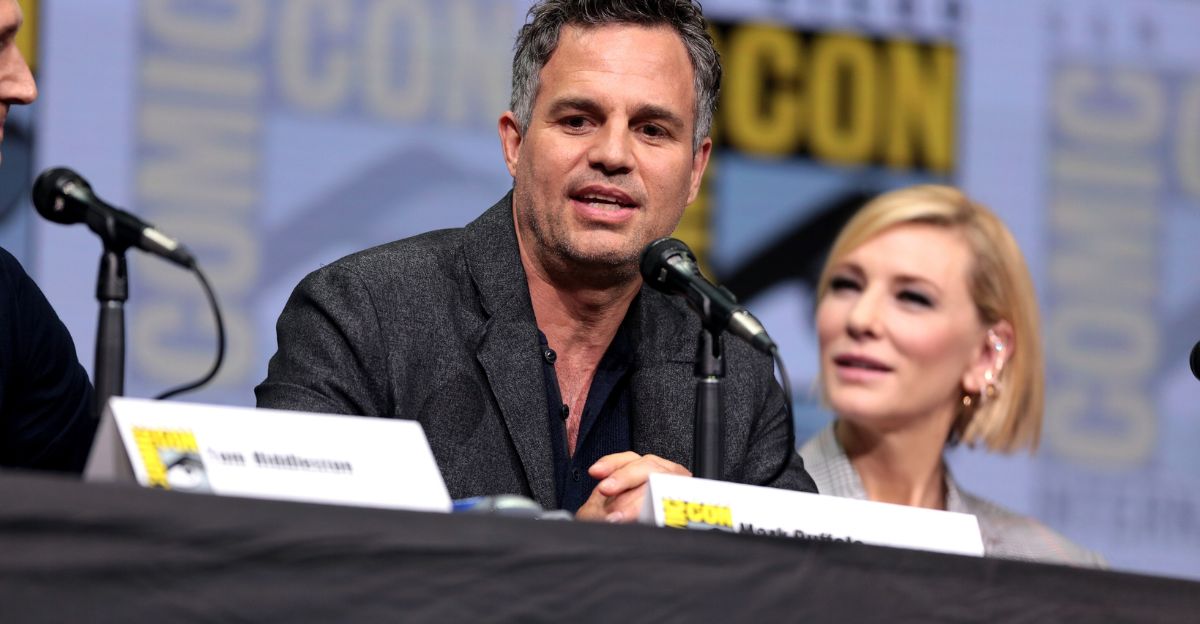
Support for the boycott has surged, with initial signatories of 1,300 growing to over 3,400. SAG-AFTRA members have issued open letters supporting Palestinian rights, while Britain’s Equity UK has affirmed its members’ freedom of speech.
International union involvement, including the Norwegian Actors Equity Association, reflects a growing commitment to rejecting work with Israeli cultural institutions, demonstrating solidarity for the cause.
Moral Imperative Frames Industry Responsibility

The movement emphasizes the responsibility of cinema to address humanitarian crises, with signatories acknowledging the power of film in shaping perceptions. Julia Sawalha poignantly stated, “As an actress and artist, I carry both the right and duty to use my voice.”
Film Workers for Palestine calls for refusing silence and dehumanization, positioning the boycott as a moral obligation that leverages cinema’s cultural influence for advocacy.
Industry Divisions Reveal Complex Dynamics
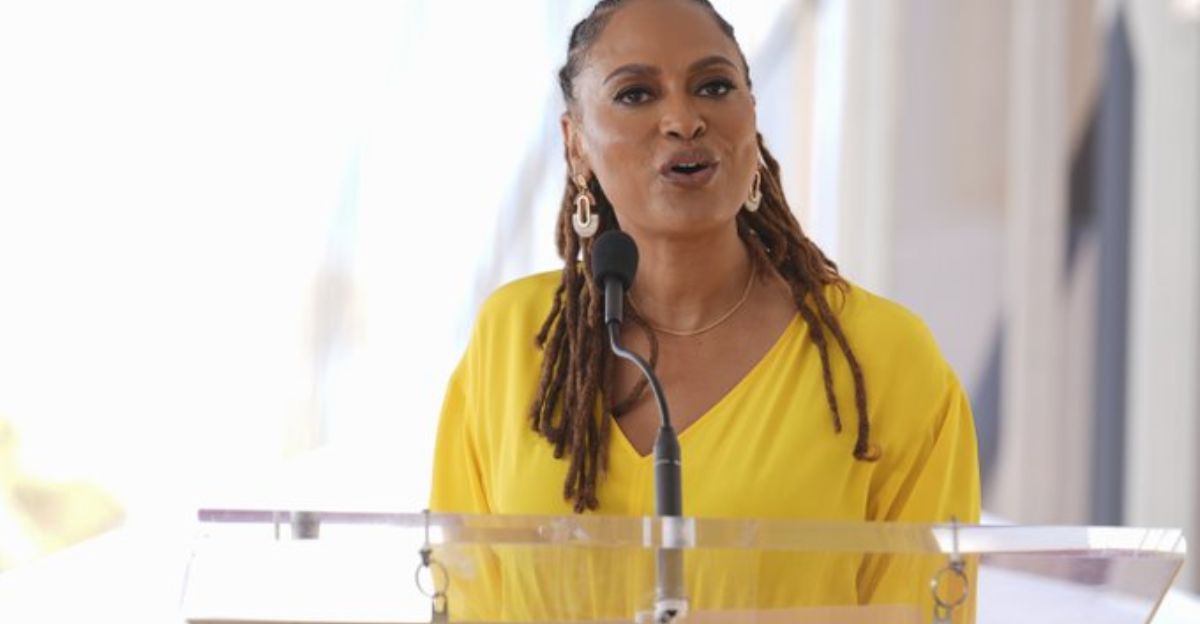
Prominent progressive Jewish artists have signed the pledge, challenging narratives equating criticism of Israeli policy with antisemitism. Meanwhile, industry groups express their commitment to dialogue, showcasing the debate around how to navigate activism within entertainment.
Festival directors face the challenge of balancing artistic presentation with political responsibilities, highlighting the complexities involved when commercial interests intersect with ethical considerations.
Ethical Debates Reshape Industry Standards
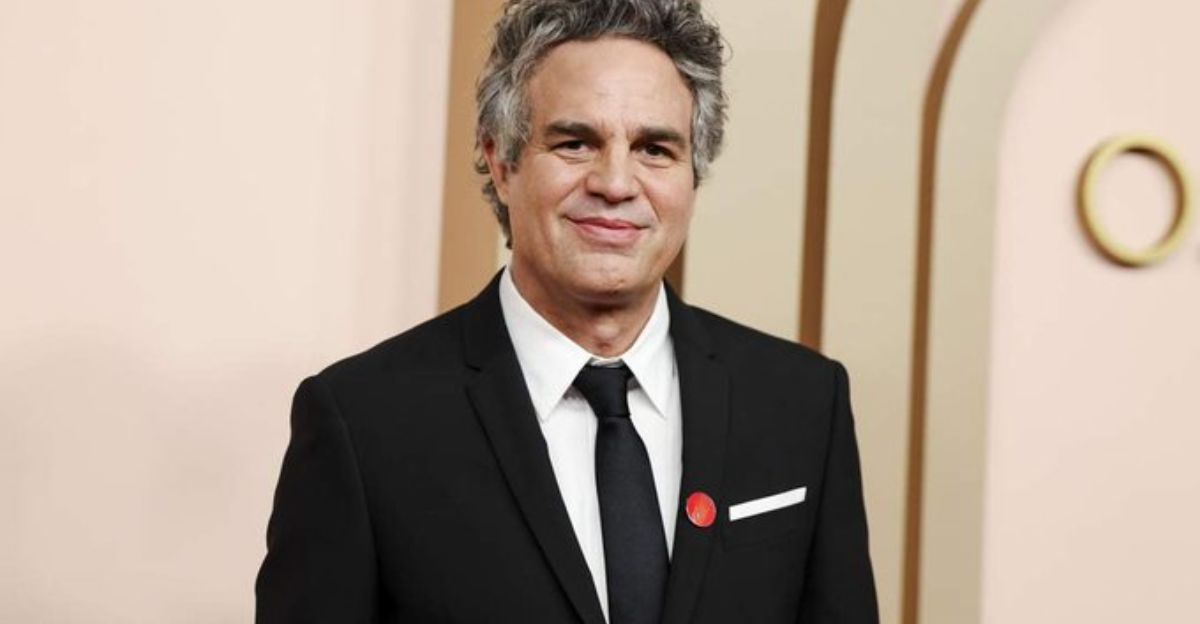
The boycott has ignited intense debates over artists’ responsibilities during humanitarian crises, as well as cultural institutions’ roles in political conflicts. The movement’s institutional focus aims to navigate these complexities while applying pressure on complicit organizations.
Through their FAQ, Film Workers for Palestine addresses concerns about working with individual Israelis, providing a nuanced framework for ethical collaboration in a politically charged environment.
Programming Changes Signal Concrete Impact
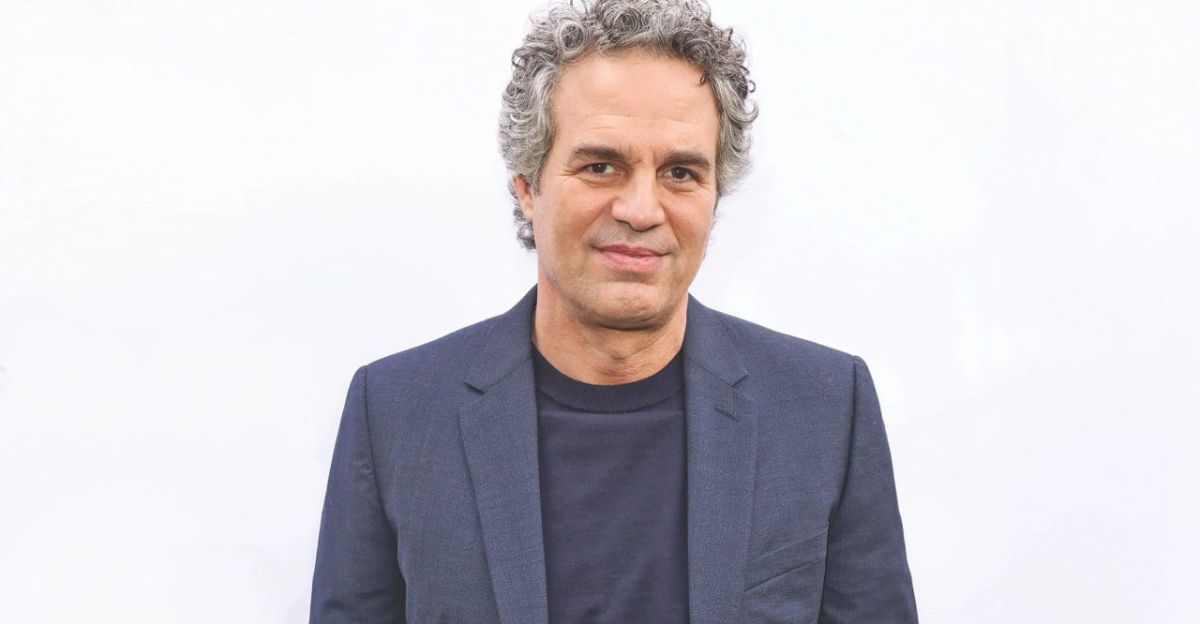
International co-productions with targeted Israeli institutions could see disruption as filmmakers refuse participation. Festival programmers face mounting pressure when selecting Israeli films or maintaining partnerships with those organizations.
Educational institutions and film schools are revisiting their programs in light of the boycott, indicating potential far-reaching effects beyond commercial ventures.
Cultural Boycotts Join Broader BDS Movement

This film boycott signifies a cultural expansion of the Boycott, Divestment and Sanctions (BDS) movement, which has targeted major corporations since 2005. The involvement of celebrities lends mainstream credibility to historically marginalized activism.
By generating significant media attention, the entertainment industry showcases its potential as a formidable platform for political advocacy, which could redefine future engagement with international crises.
Collective Action Amplifies Individual Artist Power

The boycott exemplifies how collective action can amplify the limited political influence of individual artists, with Film Workers for Palestine facilitating sustained organizing efforts. The influx of celebrity participation demonstrates a powerful mobilization of voices advocating for change.
Union involvement suggests institutional support for cultural activism, mirroring historical movements that utilized sustained cultural pressure to effect political change.
Future Trajectory Depends on Sustained Engagement

The effectiveness of the boycott hinges on ongoing participation and expanding international support, with the current momentum suggesting further growth. Industry responses from Israel indicate an awareness of the boycott’s potential economic consequences.
By focusing on institutional complicity, the movement maintains a durable strategy, targeting systemic issues rather than individual artists. This strategy could pave the way for continued activism within international festivals.
Watershed Moment for Entertainment Activism

The boycott led by Emma Stone and Mark Ruffalo marks a pivotal moment for activism within the entertainment industry, demonstrating the collective power of cultural workers to address humanitarian crises. With over 1,800 signatories targeting Israel’s $80 million film market, these actions transform conversations about ethical collaboration.
This initiative draws inspiration from historic anti-apartheid boycotts, establishing a tactical and moral framework for contemporary human rights advocacy. Moving forward, it positions the entertainment sector as a significant force for global social justice.